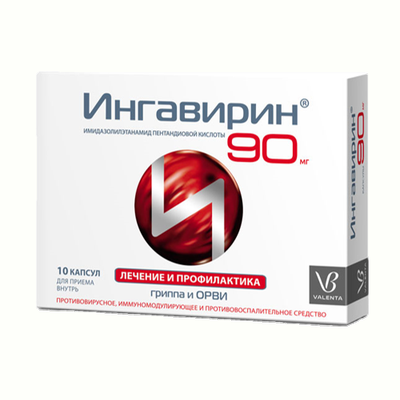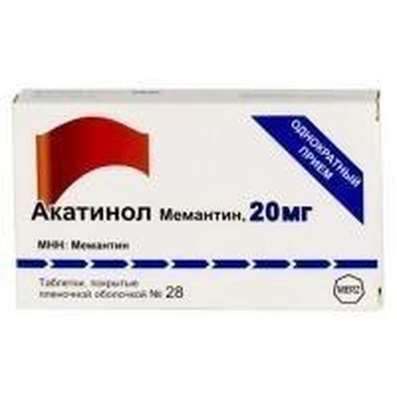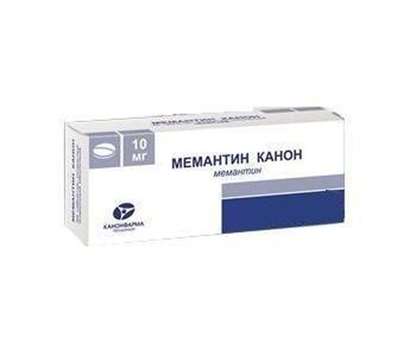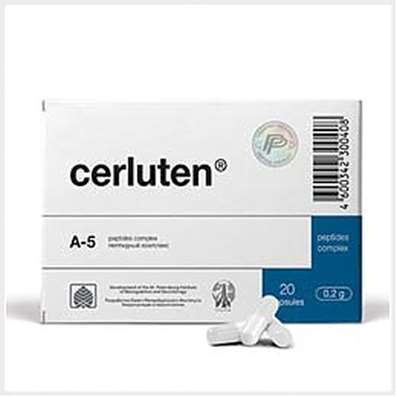Cheeseburger as a replacement for Meldonium
10 Aug 2016
Nutritionist told that the Olympic champions actually eat
The world is in a fever called HLS: Instagram-accounts of people from around the world are decorated with photos of beautiful and useful food for health. Many may think that fashion on lettuce leaves, smoothie of blueberries and soy milk come from the world of professional sports. However, it is not - a true athlete, it turns out, eat quite differently.
Nutritionist Gabrielle Maston told that actually eat the Olympians, and relieved. Spoiler: long live the nuggets and cappuccino!
Myth ¹1: All athletes are watching calories
Special diet - an important part of the preparation for the race and an essential condition for the success of the Games. But the low-calorie diet and fashion superfudy is not what it takes to win. Food must be nutritious and facilitate tide energy, and hence needs all kinds of nutrients: the proteins and carbohydrates, and fats.
As Maston recalls ordinary man nutritionists recommend consuming about 2500 calories a day, the same woman - 2000. But for a professional who came to the competition, this is very little.
Generally, athlete diet twice richer than normal human menu. For example, a male swimmer needs four to five thousand calories a day. The reason is obvious: it takes a lot of energy, which consumption is very great for training.
However, according to a nutritionist, closer to the day of performance athletes actually eat less than in the period of the most intense workouts.
Myth ¹2: Olympians and fast food are not compatible
"McDonald's" - one of the sponsors of the Games. Fast food restaurant located in the Olympic Village, and everything in it to the athletes free of charge.
"You can see the athletes from around the world, eating free food in the dining room at four in the morning. One can easily take 27 cheeseburgers, nuggets 40, 12 frozen and diet-cola ", - said the Australian swimmer Melanie Schlanger. Unlimited sandwiches and sweet fizzy drinks - one of the main "cool" Olympics in Rio, she says jokingly.
Myth ¹3: They are ascetics
Generally, in the Olympic dining room whose dimensions are approximately equal to two football fields, lists all national cuisine, including Italian, Mexican, Japanese and Chinese. And also according to their specialties, including people with various religious and ethical limitations in the diet.
In addition, athletes visiting the huge hall with rows of tables - to some extent the publication: here to meet and interact with colleagues from other countries.
Myth ¹4: Sports Professionals do know that they have
Still, not everyone can afford to attend the Sabbath in the dining room. For example, it is very important in sports where there are weight classes every kilogram. The Olympic village is working team of nutritionists and experts may even accompany the charges for lunch, to recommend certain items in the menu and make sure that the athlete does not allow himself to excess.
Myth ¹5: No dietary supplements
Allowed to use supplements and buoyed performance products that can improve the results of the athlete, nutritionist are welcome. For example, protein bars.
According to Maston, at a premium swimmers beet juice - it improves stamina.
Cyclists consumed in soda, food, blocking the production of lactic acid in the muscles - you need to feel fatigue.
And of course, all the caffeine is popular, because it reduces pain and provides a burst of energy, but of course no Meldonium (Mildronate).

 Cart
Cart





